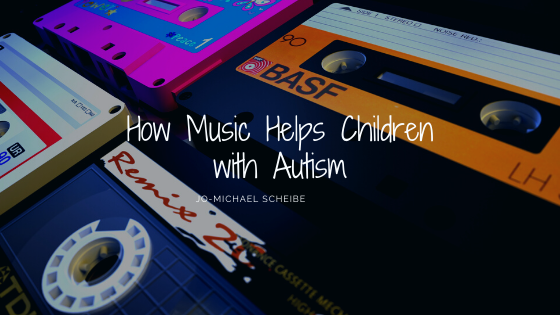Autism can be diagnosed at a very young age and can be overwhelming news for parents. Although a child with autism can go on to have a very normal childhood and life, getting to that point can be a challenge. Lacking certain social, verbal, and cognitive skills and abilities is sometimes hard to overcome. Music has become an excellent tool in treating autistic children to help them build self-awareness and improve relationships with others.
Improving Certain Skills
Autistic children often lack certain skills that usually come naturally to most people. Music therapy has been shown to improve their communication, social skills, sensory issues, behavior, cognition, motor skills, and self-reliance. A therapist will use a song or instrument to support cognitive activity, encourage communicative behavior, and foster interaction with others. Children with autism learning to play an instrument and be involved with a school band encourages them to interact with others through music as their comfortable medium.
Music as a Medium
In order for a child with autism to benefit from music therapy, a therapist will first try to connect them with a certain instrument or song. Once they have made a connection with the instrument and feel comfortable enough playing, they are encouraged to join a school or community band. By slowly opening up to others through their instrument, they can bond more easily with others who also play or are involved with music. Music simply acts as a gateway to socializing more easily with others.
Creating a Supportive Environment
Music helps bring people together and can build a small community just by playing one song. It encourages others to listen, enjoy, and connect with one another. By using music therapy with autistic children, it can help them connect with loved ones in a non-invasive way and create a supportive environment to bond with parents in a healthy way. It helps them find a way to relate to their family and loved ones. Music therapy allows the learning verbal skills through lyrics, social skills through learning an instrument, and even rhythm lead to more impulsive playtime.
Music can be an excellent way for children with awesome to play, enjoy their family, and learn to connect with others on a deeper level.

